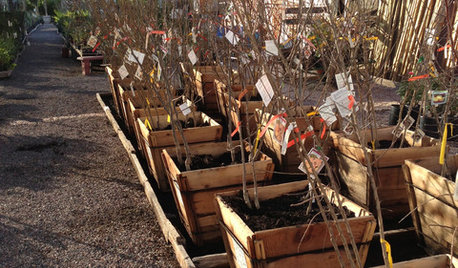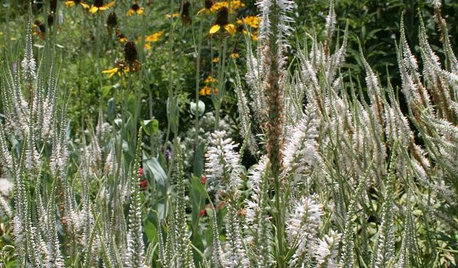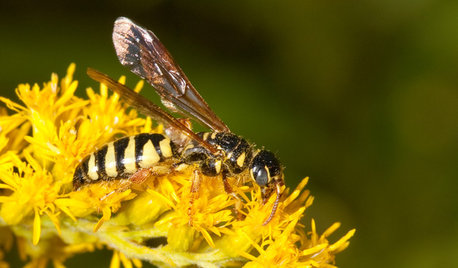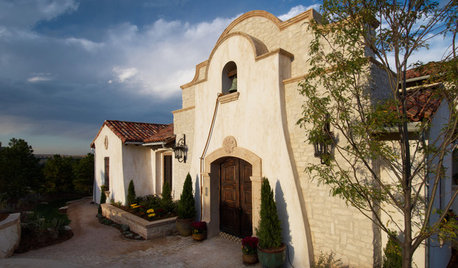grubs in plant roots
lnmca
18 years ago
Related Stories

GARDENING GUIDESThe Beauty of Bare-Root Plants
Plant dormant trees and shrubs in fall using the easy, affordable bare-root method and enjoy beautiful results in spring
Full Story
CENTRAL PLAINS GARDENINGGreat Design Plant: Culver's Root
Spiky summer blooms beloved by butterflies and architectural interest in winter make this Midwest native plant worth featuring in the garden
Full Story
GARDENING GUIDESAttract Thynnid Wasps With Summer-Flowering Native Plants
These beneficial insects will hunt damaging beetle grubs in your lawn
Full Story
GARDEN STYLESNew Garden Styles Reveal Roots in Arts and Crafts Design
Landscape design from a century ago is still influencing gardens today — see if any of its features have sprung up in yours
Full Story
MODERN ARCHITECTURERoots of Style: International Style Celebrates Pure Form
Using technology and materials of the time, International style is always current. See its expression in these 16 homes around the world
Full Story
ARTThe Beauty of Bonsai — Living Art, Rooted in Harmony
Create your own emblem of nature's balance with an art form dating back 1,000 years
Full Story
Rooting for Indoor Trees
Houseplants tend to get all the glory indoors, but trees deserve their place in the sun — and in your living room, your entryway, your ...
Full Story
MODERN ARCHITECTUREVisit a California Hillside House Rooted in Nature
Walls of windows open to stunning mountain and bay views on one side and a serene pool courtyard on the other
Full Story
ARCHITECTURERoots of Style: Where Did Your House Get Its Look?
Explore the role of architectural fashions in current designs through 5 home styles that bridge past and present
Full Story
ARCHITECTURERoots of Style: Mission
Spanish colonial missions inspired a style of architecture still popular in the United States
Full Story






username_5
jean001
Related Professionals
Danbury Landscape Architects & Landscape Designers · Palm Springs Landscape Architects & Landscape Designers · Prairie Ridge Landscape Architects & Landscape Designers · Edmond Landscape Contractors · Allentown Landscape Contractors · Coram Landscape Contractors · Dunwoody Landscape Contractors · Fort Wayne Landscape Contractors · Lemont Landscape Contractors · Merced Landscape Contractors · South Lyon Landscape Contractors · Wailuku Landscape Contractors · Glenvar Heights Swimming Pool Builders · Jericho Swimming Pool Builders · San Dimas Swimming Pool Buildersrhizo_1 (North AL) zone 7
creatrix
jean001
danmacbet
Kimmsr
rhizo_1 (North AL) zone 7